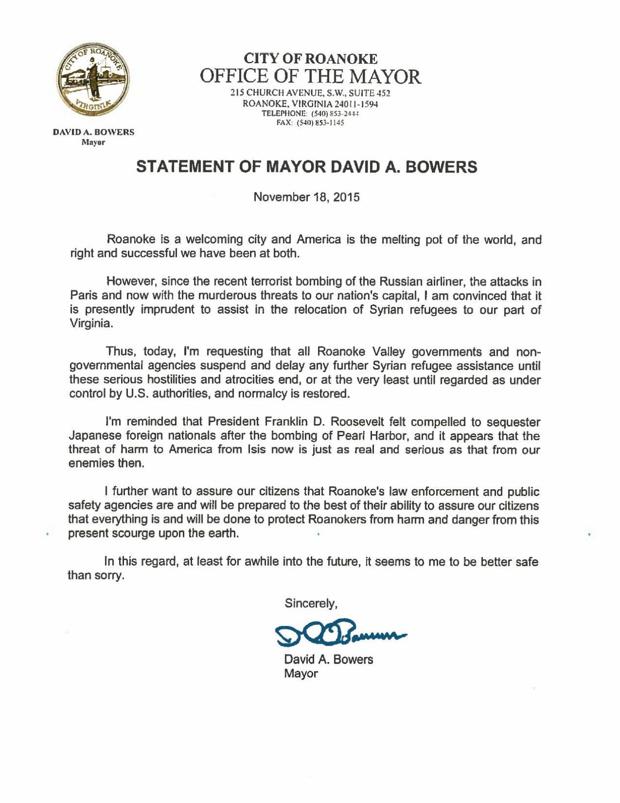Justice Antonin Scalia says World War II-style internment camps could happen again
BY JOEL GEHRKE | FEBRUARY 4, 2014 AT 1:57 PM
TOPICS: BELTWAY CONFIDENTIAL SUPREME COURT ANTONIN SCALIA

Justice Antonin Scalia predicts that the Supreme Court will eventually authorize another a...Justice Antonin Scalia predicts that the Supreme Court will eventually authorize another a wartime abuse of civil rights such as the internment camps for Japanese-Americans during World War II.
"You are kidding yourself if you think the same thing will not happen again," Scalia told the University of Hawaii law school while discussing Korematsu v. United States, the ruling in which the court gave its imprimatur to the internment camps.
The local Associated Press report quotes Scalia as using a Latin phrase that means "in times of war, the laws fall silent," to explain why the court erred in that decision and will do so again.
"That's what was going on — the panic about the war and the invasion of the Pacific and whatnot," Scalia said. "That's what happens. It was wrong, but I would not be surprised to see it happen again, in time of war. It's no justification but it is the reality."
The late U.S. Sen. Daniel Inouye, D-Hawaii, who was Japanese-American, was not among those sent to the camps but was declared an "enemy alien." When he got the chance to fight for his country in World War II, he jumped at it, eventually earning a Medal of Honor for "conspicuous gallantry" near San Terenzo, Italy, in 1945. "I was angered to realize that my government thought that I was disloyal and part of the enemy, and I wanted to be able to demonstrate not only to my government but to my neighbors that I was a good American," Inouye told Ken Burns in "The War," as quoted by Reuters.
You should read his Medal of Honor citation here.
BY JOEL GEHRKE | FEBRUARY 4, 2014 AT 1:57 PM
TOPICS: BELTWAY CONFIDENTIAL SUPREME COURT ANTONIN SCALIA

Justice Antonin Scalia predicts that the Supreme Court will eventually authorize another a...Justice Antonin Scalia predicts that the Supreme Court will eventually authorize another a wartime abuse of civil rights such as the internment camps for Japanese-Americans during World War II.
"You are kidding yourself if you think the same thing will not happen again," Scalia told the University of Hawaii law school while discussing Korematsu v. United States, the ruling in which the court gave its imprimatur to the internment camps.
The local Associated Press report quotes Scalia as using a Latin phrase that means "in times of war, the laws fall silent," to explain why the court erred in that decision and will do so again.
"That's what was going on — the panic about the war and the invasion of the Pacific and whatnot," Scalia said. "That's what happens. It was wrong, but I would not be surprised to see it happen again, in time of war. It's no justification but it is the reality."
The late U.S. Sen. Daniel Inouye, D-Hawaii, who was Japanese-American, was not among those sent to the camps but was declared an "enemy alien." When he got the chance to fight for his country in World War II, he jumped at it, eventually earning a Medal of Honor for "conspicuous gallantry" near San Terenzo, Italy, in 1945. "I was angered to realize that my government thought that I was disloyal and part of the enemy, and I wanted to be able to demonstrate not only to my government but to my neighbors that I was a good American," Inouye told Ken Burns in "The War," as quoted by Reuters.
You should read his Medal of Honor citation here.









